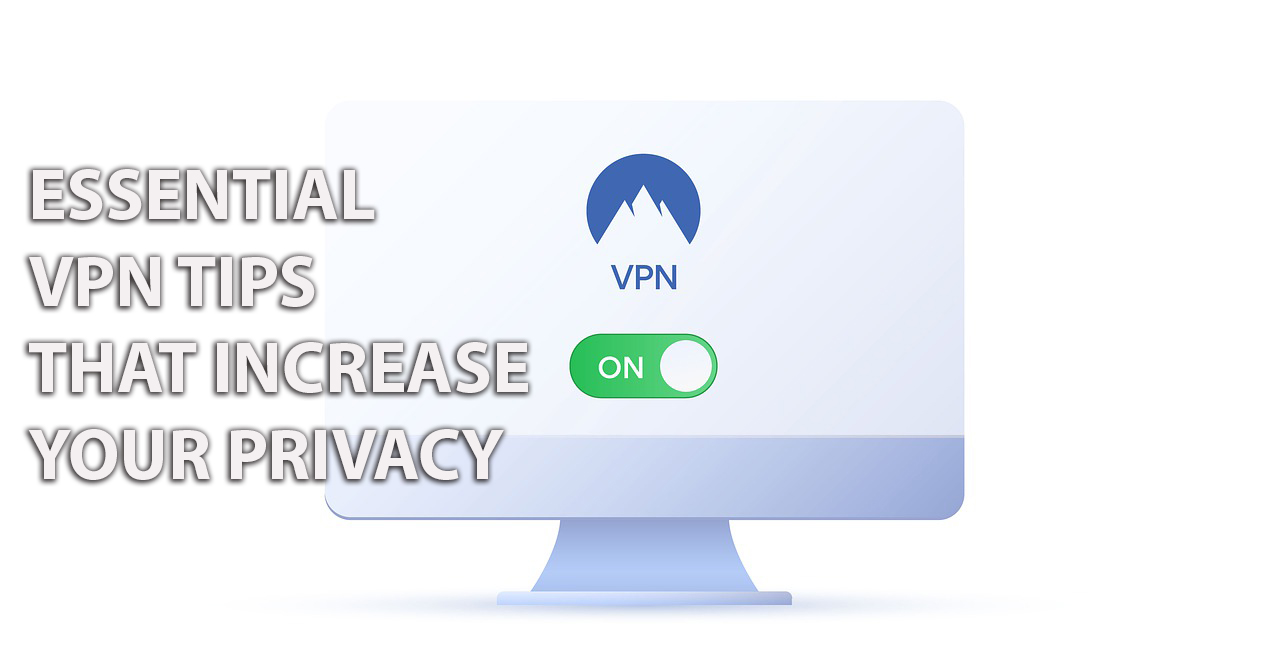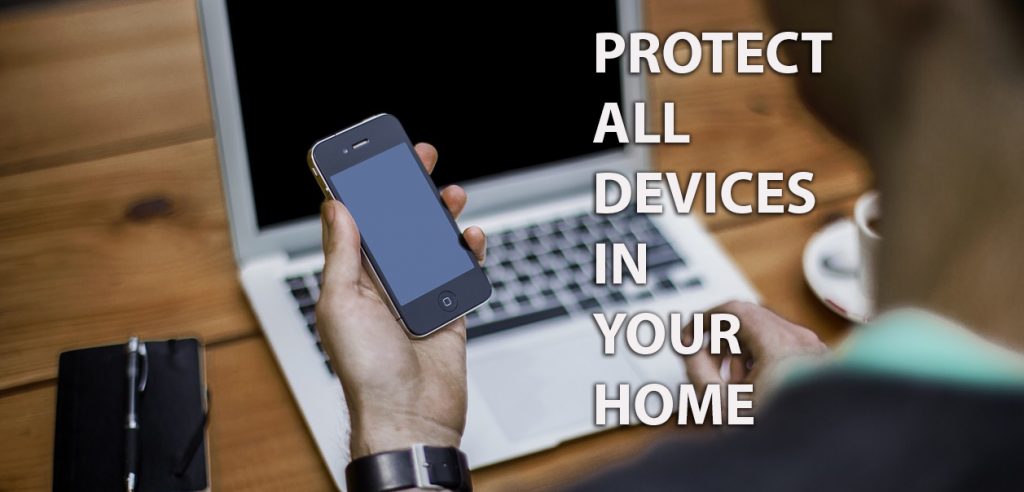
Its not enough to simply buy a VPN and stroll away in the Internet sunset. Unless you deploy some of our VPN tips, you may not be getting the most out of your service. And that’s critical to preserving your Internet safety and security.
If you use a VPN but don’t follow any of these VPN tips, you may not be protected at all. And in those cases, you’re just throwing away your money.
Install The VPN On All Household Devices

If you want to get the absolute most out of your VPN, you need to take advantage of the VPN’s multi-device allowance. One of the most critical aspects of our VPN reviews is device limits. This means how many devices can you install the VPN on?
Let’s think about this for a second. A typical household probably has two or three iPhones and a few laptops online. If one of those iPhones is not on the VPN, that connection is compromised.
More robust households have Roku TVs, gaming systems, etc., all connected. When any of these devices circumvents using the VPN, the connection is exposed.
This is why it’s so very important to read the fine print on a VPN before buying it and determine how many devices you can protect. Its best to protect all connected devices.
Now, there is a workaround if you have more devices than your preferred VPN allows. You can use a VPN router setup. In essence, you install the VPN on the router and by default, you protect any device that connects to your router. There are pros and cons here. Check out our VPN router guide and get more in-depth information.
Enable Your Kill Switch
If your VPN doesn’t have a kill switch, you need to switch VPNs. Yeah, that was a fun play on words, but also very true.
If you don’t know what a kill switch is, read our what is a kill switch article to learn more. In short, a kill switch turns off your device’s connection to the Internet if the VPN connection goes down.
Why is this important?
Because even a few seconds exposes your IP. All criminals need is a moment, or instance, of IP exposure to wreak havoc. Also, if you have web pages open, your ISP begins logging your valuable personal browsing activity data again. Its a bad scene.
Most VPNs do NOT enable a kill switch by default, you’ll need to do that. People complain over this and rightfully so, however, here’s the rub for VPN companies. If someone doesn’t understand what a kill switch is and then for some reason, shuts off their VPN because maybe they need it off for a minute, then their Internet dies, well….
So it’s up to the user to enable the kill switch when they understand what the kill switch is. Most of the time, enabling the kill switch in your apps is pretty simple stuff.
Opt For Dedicated IP Address
Depending on the VPN you choose, you’ll either be alloted a shared or dedicated IP address. In a shared IP environment, you share an IP address with many other users, sometimes in the thousands. A dedicated IP address assigns only to you which vastly increases your web security.
If you have the option, choose a dedicated IP address. Sometimes this costs a little more which is something you’ll need to consider. But in the end, it can be worth it.
Avoid Browser Extensions Alone
Some VPNs come with a browser extension. Some VPNs only work via a browser extension. A browser extension is fine, but only under circumstances where a VPN app is running through your core operating system.
If you only use the VPN to encrypt your browser, your IP is exposed. Your browsing activity can still be exposed to your ISP. Any activity ran outside of the browser is exposed.
You need a VPN app installed on your device in order to experience full protection.
By following our VPN tips, you can help protect you and your family’s personal data from ISP logging. You’ll get a more impactful online privacy experience.





